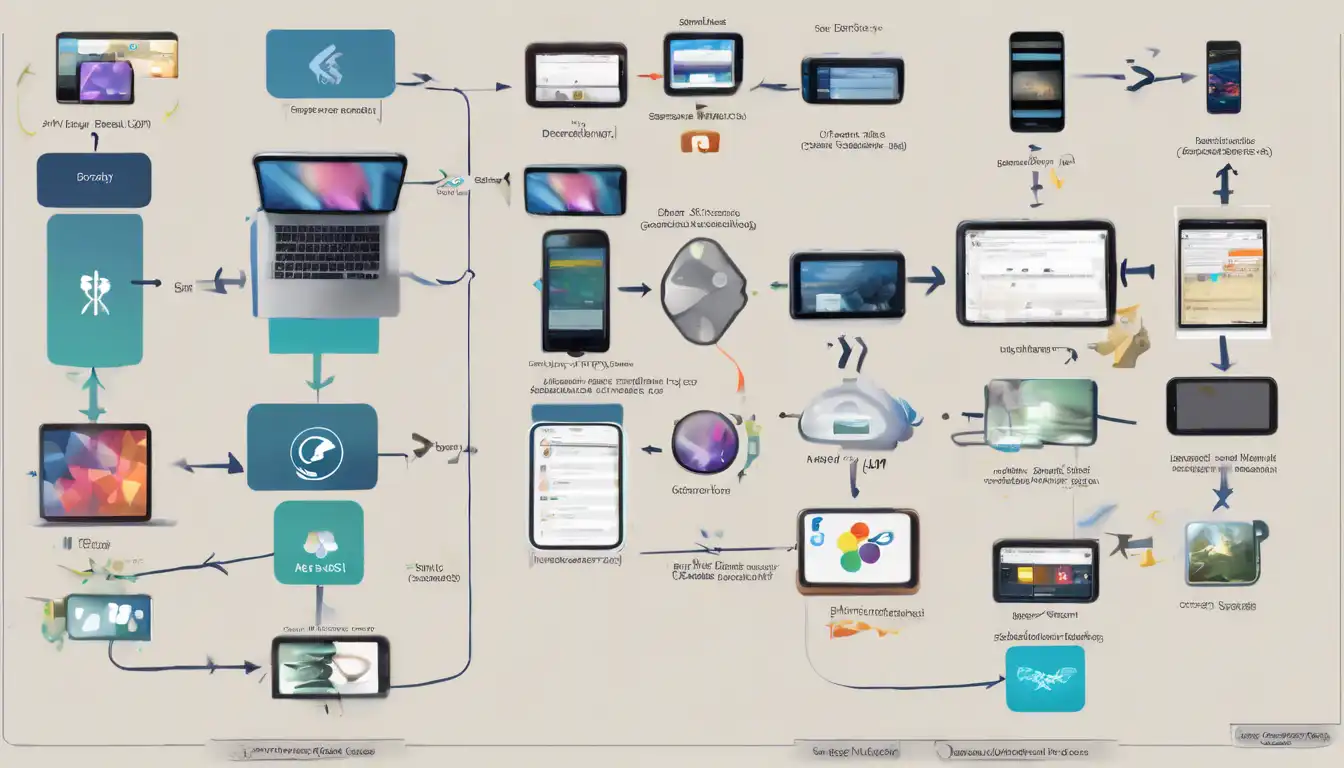Introduction to Cross-Platform Mobile Development
In today's fast-paced digital world, the demand for mobile applications is skyrocketing. Businesses and developers are constantly seeking efficient ways to build apps that run seamlessly across multiple platforms. Cross-platform mobile development tools have emerged as a game-changer, enabling developers to write code once and deploy it on both iOS and Android platforms. This article compares the top cross-platform mobile development tools, helping you choose the right one for your project.
Why Choose Cross-Platform Development?
Cross-platform development offers numerous benefits, including reduced development time, lower costs, and a unified codebase. It's an ideal choice for startups and enterprises looking to maximize their reach without compromising on quality. With the right tools, developers can create high-performance apps that provide a native-like experience.
Top Cross-Platform Mobile Development Tools
1. Flutter
Developed by Google, Flutter is a popular open-source framework for building natively compiled applications for mobile, web, and desktop from a single codebase. It's known for its fast development cycle, expressive UI, and native performance.
2. React Native
Created by Facebook, React Native allows developers to build mobile apps using JavaScript and React. It offers a rich set of pre-built components, enabling faster development and a near-native user experience.
3. Xamarin
Owned by Microsoft, Xamarin is a powerful tool for building cross-platform apps with .NET and C#. It provides access to native APIs and tools, ensuring high performance and a native look and feel.
4. Ionic
Ionic is a free and open-source framework for building cross-platform mobile apps using web technologies like HTML, CSS, and JavaScript. It's ideal for developers who want to leverage their web development skills for mobile app creation.
Comparing the Tools
When choosing a cross-platform development tool, consider factors like performance, community support, learning curve, and the specific needs of your project. Flutter and React Native are leading the pack with their robust ecosystems and active communities. Xamarin is a great choice for .NET developers, while Ionic is perfect for those with a web development background.
Conclusion
Cross-platform mobile development tools have revolutionized the way apps are built, offering a cost-effective and efficient solution for reaching a wider audience. Whether you're a seasoned developer or just starting out, there's a tool out there that fits your needs. By comparing the features and benefits of each, you can make an informed decision and embark on your app development journey with confidence.
For more insights on mobile development, check out our latest article on mobile development trends.
